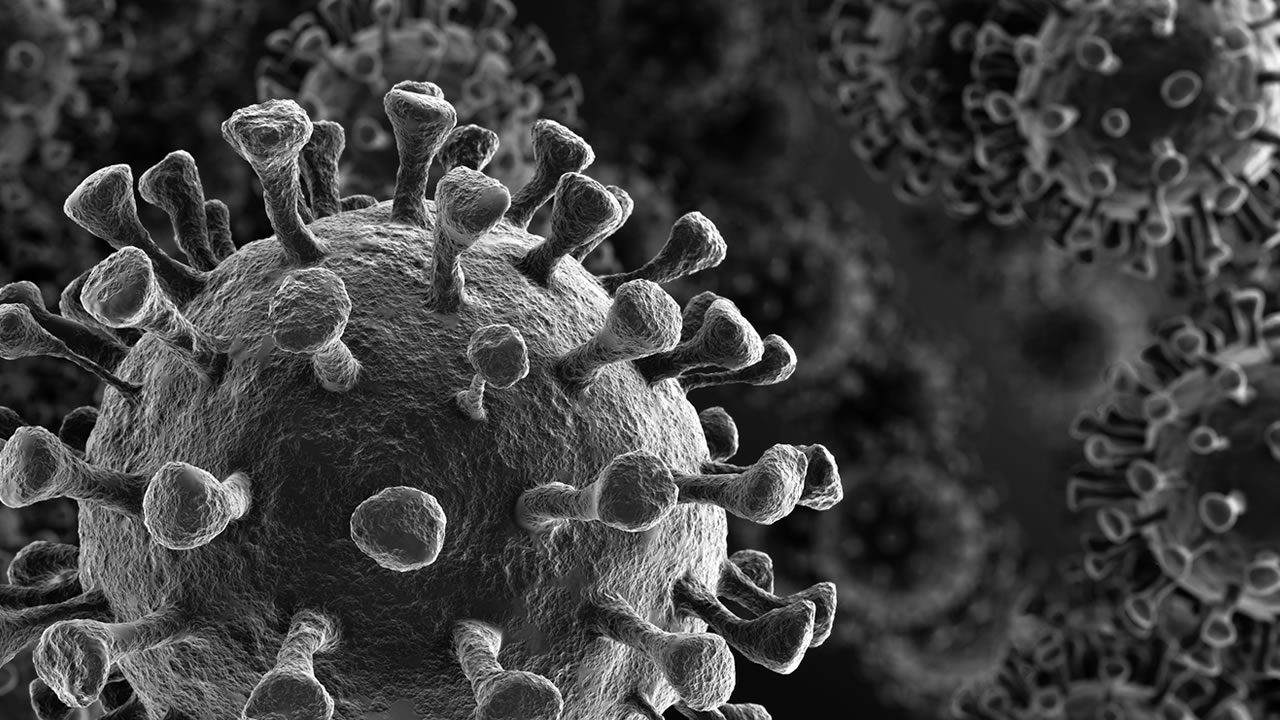Coronavirus pandemic: When will life go back to normal? Hopefully never, says Silicon Valley futurist

PALO ALTO, Calif. (KGO) -- As many Bay Area residents long for a return to normalcy, it may be time to reckon with the idea that we'll be returning to a very different, new normal. The novel coronavirus has reshaped society not just in the short-term.
"The normal wasn't normal," said Marina Gorbis, executive director of Palo Alto's Institute for the Future. "The normal wasn't good." Over its 53-year history, the Institute has focused not only on forecasting the future but also developing innovative solutions.
"What kind of future do we want to live in?" she asks. "What kind of future do we want to create? And what can we do to promote that desirable future?"
COVID-19 has disrupted what we thought was normal.
Gorbis said we're at the first of three stages. The first is reaction to the crisis. Reset is second when we re-assess and evaluate what happened and why. The third is reinvention. For example, the pandemic has revealed weaknesses in hospital capacity and gaps in who has health coverage.
"We conceived it as a private good, and what we're finding out is that there is no such thing as private health. My health is dependent on the health of the homeless person I'm next to," says Gorbis. "All health is public health, and we haven't treated it like that."
RELATED: Gov. Newsom says coronavirus curve in California is 'bending' and 'stretching'
The pandemic has exposed the need for government help with many households vulnerable when a paycheck ends.
"The fact that millions of people don't have $400 in savings in case of emergency is unacceptable. That's not normal," the futurist said. "The fact that in California a third of people are working for less than $15/hour ...That's not normal."
The Institute is already looking at attrition in the ranks of health care works and how California has had to ask retirees to return to help with the pandemic crisis. Should the estimated 4 million furloughed retail workers train for health careers with the future of retail uncertain?
"It looks like a lot of them are needed in health care," she said.
As for when the coronavirus will end in the United States, Gorbis is leaving those sorts of projections to the medical experts. But she anticipates even after a vaccine is developed, our society may be - and should be - fundamentally changed.
"I don't want to go back to normal," she concluded. "We need to create a new normal."
Futurists say they knew this pandemic could happen. Now, labs at the Institute for the Future will be looking into ways to addresses our weaknesses and to re-shape our destiny, along with how much it could cost, what changes we want to make, and how to work together to make them happen.
See ABC7 News' David Louie's full interview with Marina Gorbis of the Institute for the Future in the video at the top of this story.
Get the latest news, information and videos about the novel coronavirus pandemic here
RELATED STORIES & VIDEOS:
- Live updates about coronavirus outbreak in US, around the world
- Everything you need to know about the Bay Area's shelter-in-place order
- Stimulus calculator: How much money should you expect from coronavirus relief bill
- What Bay Area tenants need to know about rent payments, eviction amid COVID-19 outbreak
- Live updates about coronavirus outbreak in US, around the world
- Here's how shelter in place, stay at home orders can slow spread of COVID-19
- Coronavirus Timeline: Tracking major moments of COVID-19 pandemic in San Francisco Bay Area/
- Coronavirus and the new normal of living in the San Francisco-Bay Area -- COVID-19 Diaries
- Happy hour goes virtual as people try to be sociable while social distancing during COVID-19 crisis
- Coronavirus Outbreak: Here's why you should practice 'social distancing'
- DRONEVIEW7: What the Bay Area looks like during the coronavirus shelter-in-place
- ABC7's drive around San Francisco shows empty streets, businesses shuttered
- Symptoms, prevention, and how to prepare for a COVID-19 outbreak in the US
- List of stores, companies closing due to coronavirus pandemic
- Canceled late fees, free services available amid COVID-19 crisis
- Here's how you can help during COVID-19 pandemic
- How to maintain learning during school closures
- No masks but here are 100+ products that may help protect you against novel coronavirus germs
- Here's a look at some of history's worst pandemics that have killed millions
- Asian community fighting racism, xenophobia, bigotry as world fights COVID-19














